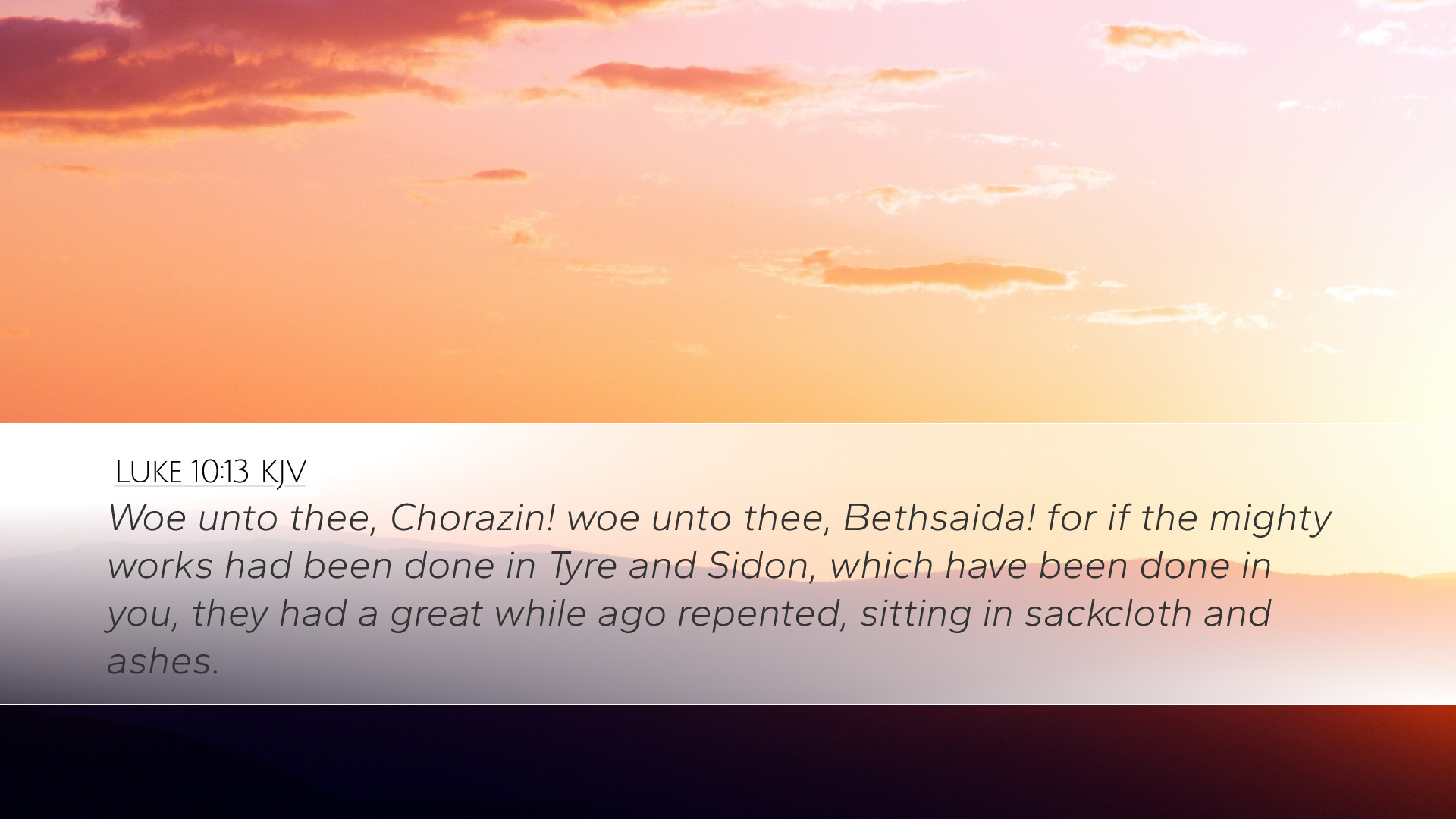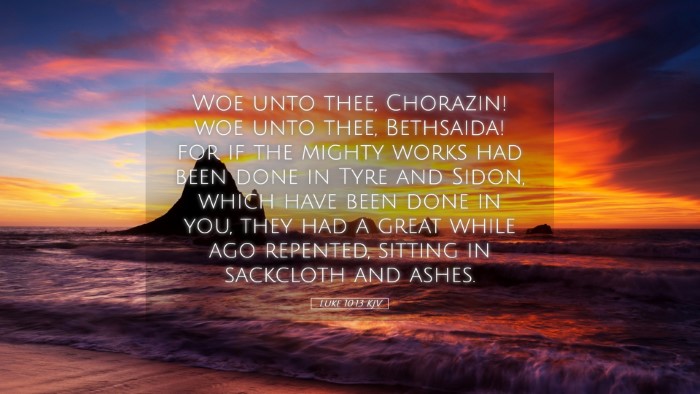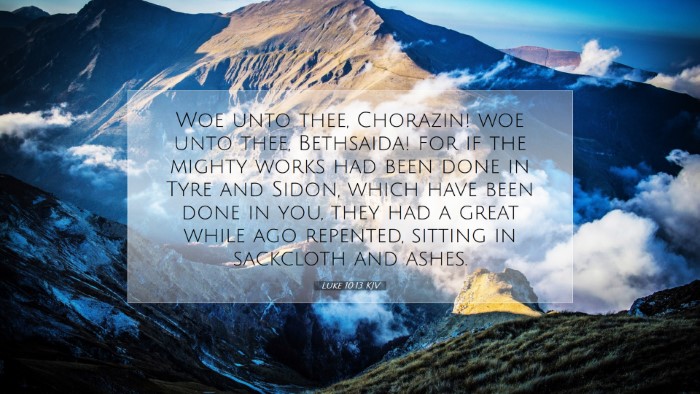Old Testament
Genesis Exodus Leviticus Numbers Deuteronomy Joshua Judges Ruth 1 Samuel 2 Samuel 1 Kings 2 Kings 1 Chronicles 2 Chronicles Ezra Nehemiah Esther Job Psalms Proverbs Ecclesiastes Song of Solomon Isaiah Jeremiah Lamentations Ezekiel Daniel Hosea Joel Amos Obadiah Jonah Micah Nahum Habakkuk Zephaniah Haggai Zechariah MalachiVerse
Luke 10:1 Luke 10:2 Luke 10:3 Luke 10:4 Luke 10:5 Luke 10:6 Luke 10:7 Luke 10:8 Luke 10:9 Luke 10:10 Luke 10:11 Luke 10:12 Luke 10:13 Luke 10:14 Luke 10:15 Luke 10:16 Luke 10:17 Luke 10:18 Luke 10:19 Luke 10:20 Luke 10:21 Luke 10:22 Luke 10:23 Luke 10:24 Luke 10:25 Luke 10:26 Luke 10:27 Luke 10:28 Luke 10:29 Luke 10:30 Luke 10:31 Luke 10:32 Luke 10:33 Luke 10:34 Luke 10:35 Luke 10:36 Luke 10:37 Luke 10:38 Luke 10:39 Luke 10:40 Luke 10:41 Luke 10:42

